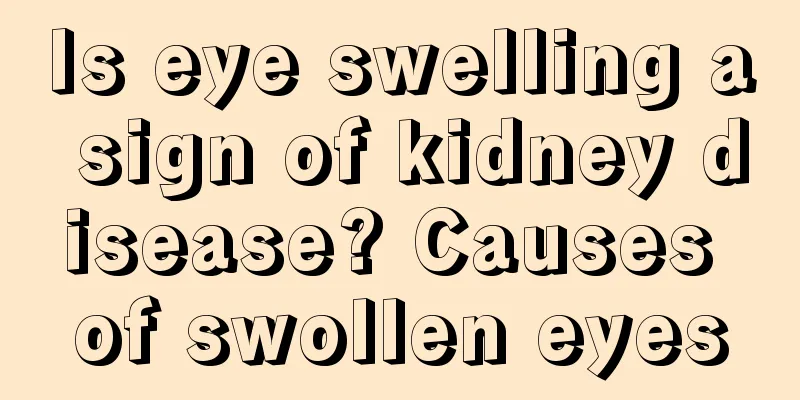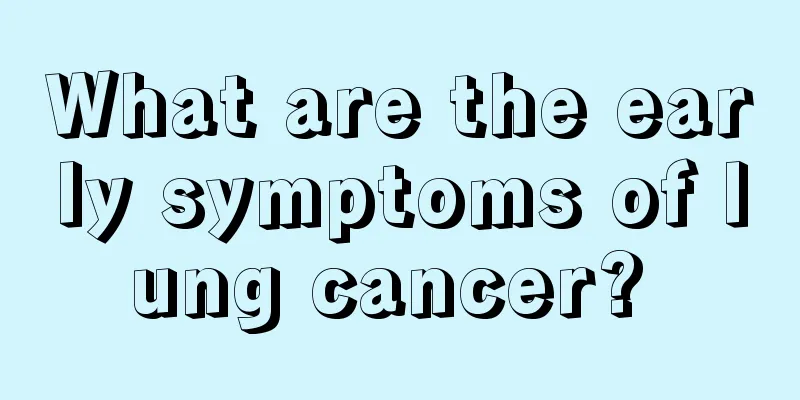What to do if there is severe swelling after tooth extraction

|
Tooth extraction is a very common thing in dentistry, and it is also a method used by many people to relieve tooth pain after dental diseases. After tooth extraction, special attention should be paid to oral hygiene, eat some liquid food, and rinse your mouth with clean water in time after eating. Also pay attention to a light diet and avoid eating irritating foods. If swelling and pain occur after tooth extraction, some methods should be taken to relieve the symptoms. Cold compress If the affected tooth is already inflamed, the extraction takes a long time, the trauma is severe, and there is a lot of bleeding, it is necessary to use medication to reduce possible discomfort such as infection and swelling after the operation. After tooth extraction, you should apply ice packs to your cheeks to help reduce local swelling. Massage Hegu acupoint Maybe the nerve root was damaged when it was pulled out. Normally it will recover in a few days. If it doesn't get better after a few days, you can massage the Hegu point yourself. Massaging the Hegu point on the face and mouth can effectively relieve the pain. You can also massage the Dicang point. Be careful not to eat spicy or irritating food to prevent infection. Taking medicine Swelling and pain after tooth extraction indicates inflammation, so it is best to take certain anti-inflammatory and analgesic drugs orally. It is recommended that you take oral anti-inflammatory drugs and avoid eating spicy food. At the same time, you need to pay attention to oral hygiene. You can use light salt water or mouthwash to rinse your mouth 24 hours after tooth extraction. This can significantly reduce oral bacteria and help reduce swelling. Seek medical attention promptly Due to the different symptoms and causes of swollen and painful gums after tooth extraction, the treatment methods adopted are different. For example, some patients will experience swollen and painful gums, fever, etc. after tooth extraction. After all, tooth extraction is a surgery, and there will be mild pain symptoms due to wound trauma. Generally, this phenomenon is temporary and the pain will disappear automatically after a few days without treatment. However, if the pain becomes more and more severe, you need to seek medical attention in time. In addition, gum pain after tooth extraction may also be caused by incomplete disinfection of medical equipment, resulting in infection of the tooth extraction wound, which in turn leads to swollen and painful gums. You need to seek medical attention in time. |
<<: Symptoms of spinal hemangioma
>>: Symptoms of carotid artery aneurysm
Recommend
Beware of the early symptoms of lung cancer
The symptoms of lung cancer are not special in th...
How much wine can be made from 10 jin of grapes
Grapes will be available in large quantities in e...
What is cerebral salt wasting syndrome
Brain salt wasting syndrome is a very harmful and...
What happened if I suddenly wet the bed?
There is no need to make a fuss if you suddenly w...
Prevention and treatment of cerebral infarction
Cerebral infarction is a relatively serious brain...
What are the effects of hot compress with fried salt
Hot compress with fried salt is a common physical...
Sandwiches have so many calories
Sandwiches are a favorite food of many young peop...
Bone bulge behind the ear
What is the bony protrusion behind the ear? With ...
Precautions for rectal examination
Digital rectal examination is a commonly used exa...
How to remove oil stains on clothes
The weather is getting colder, and we wear more c...
How to treat white spots on fingernails?
The appearance of white spots on fingernails is a...
How many times is intervention usually performed for liver cancer? It depends on the condition of the patient
Liver cancer can be cured early. In terms of trea...
What is the cause of urticarial vasculitis
Urticarial vasculitis is an immune complex diseas...
What to do if your throat hurts the next day after drinking
After work, in order to better complete work perf...
What is the best recipe for tooth extraction
Tooth extraction is a rather painful thing. The s...









